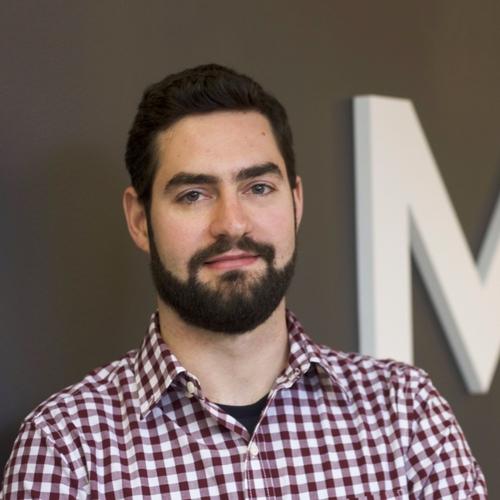Students of the University of Maryland and Universidad del Salvador, Buenos Aires, will come together to learn how to create and assess websites from a critical and humanities-focused perspective.
Terms Offered
Fall 2020
Fall 2021
Fall 2022
REGISTRATION CURRENTLY NOT OPEN
Course Details
Students of the University of Maryland (UMD) and Universidad del Salvador, Buenos Aires, will come together to learn how to create and assess websites from a critical and humanities-focused perspective. Specifically, the course will introduce "minimal computing" approaches, which privilege the use of open technologies, ownership of data and code, reduction in computing infrastructure and, consequently, environmental impact.
Number of credits: 3
How You Will Learn and Work
This is a Global Classrooms Signature Course. This course will include a blend of synchronous and asynchronous learning.
The course is structured around a group project with students from both universities. You will collaborate virtually to create a multilingual (Spanish and English) digital edition of a colonial era text, while learning about Digital Humanities approaches to literary studies, digital publishing, history, and postcolonial studies.
Knowledge of the Spanish language is not required as teaching and collaboration will be conducted in English. In the spirit of fostering a multilingual approach, however, we will not discourage the use of Spanish among students and instructors; mutual respect and cooperation are paramount to the success of your course project.
MITH301 is cross-listed with CMLT398M, ENGL378M, or LASC348C, and jointly offered with MITH628C/LACS648M for fall 2022.
Cultural Connection
Buenos Aires, Argentina
General Education Credits
None
School/College
College of Arts and Humanities
Prerequisites & Restrictions
Knowledge of the Spanish language is not required as teaching and collaboration will be conducted in English. In the spirit of fostering a multilingual approach, however, we will not discourage the use of Spanish among students and instructors; mutual respect and cooperation are paramount to the success of your course project.
Faculty Highlight

Raffaele (Raff) Viglianti
Raffaele (Raff) Viglianti is a Research Programmer at Maryland Institute for Technology in the Humanities (MITH). He holds a Ph.D. in Digital Musicology from the Department of Digital Humanities at King’s College London, where he also contributed to several major digitization and text encoding projects. Raff's research is grounded in digital humanities and textual scholarship, where “text” includes musical notation. More specifically, he seeks to advance textual scholarship by finding new and efficient practices to coherently and digitally model and edit (publish, or make available) text and music notation sources as digital scholarly resources. In adopting and developing new research methods, he deliberately takes a multicultural perspective by engaging with multilingual content, facing the diverse realities of the constraints in accessing and creating digital scholarly content, and by adopting a global approach to teaching and learning. Raff is currently an elected member of the Text Encoding Initiative technical council and the Technical Editor of the Scholarly Editing journal.
Tuition & Scholarship
Course costs should be calculated based on the university’s standard tuition and fees for undergraduate students and graduate students.
Students enrolled in winter and summer Global Classrooms courses may be eligible for the International Education Scholarship.
Cancellation and Refunds
Global Classrooms courses follow UMD's Schedule Adjustment policies.
Questions & Contact Info
For more course information contact Raffaele Viglianti at rviglian@umd.edu.
For general questions, please contact the Global Classrooms team at globalclassrooms@umd.edu.
